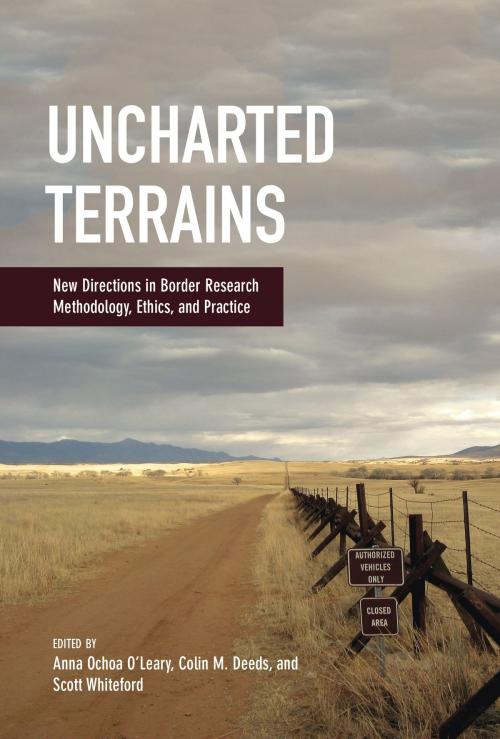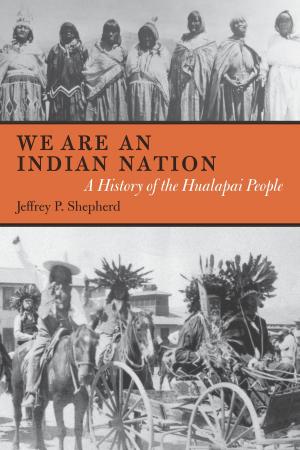Uncharted Terrains
New Directions in Border Research Methodology, Ethics, and Practice
Nonfiction, Social & Cultural Studies, Social Science, Cultural Studies, Emigration & Immigration| Author: | ISBN: | 9780816599165 | |
| Publisher: | University of Arizona Press | Publication: | November 28, 2013 |
| Imprint: | University of Arizona Press | Language: | English |
| Author: | |
| ISBN: | 9780816599165 |
| Publisher: | University of Arizona Press |
| Publication: | November 28, 2013 |
| Imprint: | University of Arizona Press |
| Language: | English |
“We must secure our borders” has become an increasingly common refrain in the United States since 2001. Most of the “securing” has focused on the US–Mexico border. In the process, immigrants have become stigmatized, if not criminalized. This has had significant implications for social scientists who study the lives and needs of immigrants, as well as the effectiveness of programs and policies designed to help them. In this groundbreaking book, researchers describe their experiences in conducting field research along the southern US border and draw larger conclusions about the challenges of contemporary border research.
Each chapter raises methodological and ethical questions relevant to conducting research in transnational contexts, which can frequently be unpredictable or even volatile. The volume addresses the central question of how can scholars work with vulnerable migrant populations along the perilous US–Mexico border and maintain ethical and methodological standards, while also providing useful knowledge to stakeholders? Not only may immigrants be afraid to provide information that could be incriminating, but researchers may also be reluctant to allow their findings to become the basis of harsher law enforcement, unjustly penalize the subjects of their research, and inhibit the formulation of humane and effective immigration policy based on scholarly research.
All of these concerns, which are perfectly legitimate from the social scientists’ point of view, can put researchers into conflict with legal authorities. Contributors acknowledge their quandaries and explain how they have dealt with them. They use specific topics—reproductive health issues and sexually transmitted diseases among immigrant women, a study of undocumented business owners, and the administration of the Mexican Household Survey in Phoenix, among others—to outline research methodology that will be useful for generations of border researchers.
“We must secure our borders” has become an increasingly common refrain in the United States since 2001. Most of the “securing” has focused on the US–Mexico border. In the process, immigrants have become stigmatized, if not criminalized. This has had significant implications for social scientists who study the lives and needs of immigrants, as well as the effectiveness of programs and policies designed to help them. In this groundbreaking book, researchers describe their experiences in conducting field research along the southern US border and draw larger conclusions about the challenges of contemporary border research.
Each chapter raises methodological and ethical questions relevant to conducting research in transnational contexts, which can frequently be unpredictable or even volatile. The volume addresses the central question of how can scholars work with vulnerable migrant populations along the perilous US–Mexico border and maintain ethical and methodological standards, while also providing useful knowledge to stakeholders? Not only may immigrants be afraid to provide information that could be incriminating, but researchers may also be reluctant to allow their findings to become the basis of harsher law enforcement, unjustly penalize the subjects of their research, and inhibit the formulation of humane and effective immigration policy based on scholarly research.
All of these concerns, which are perfectly legitimate from the social scientists’ point of view, can put researchers into conflict with legal authorities. Contributors acknowledge their quandaries and explain how they have dealt with them. They use specific topics—reproductive health issues and sexually transmitted diseases among immigrant women, a study of undocumented business owners, and the administration of the Mexican Household Survey in Phoenix, among others—to outline research methodology that will be useful for generations of border researchers.















